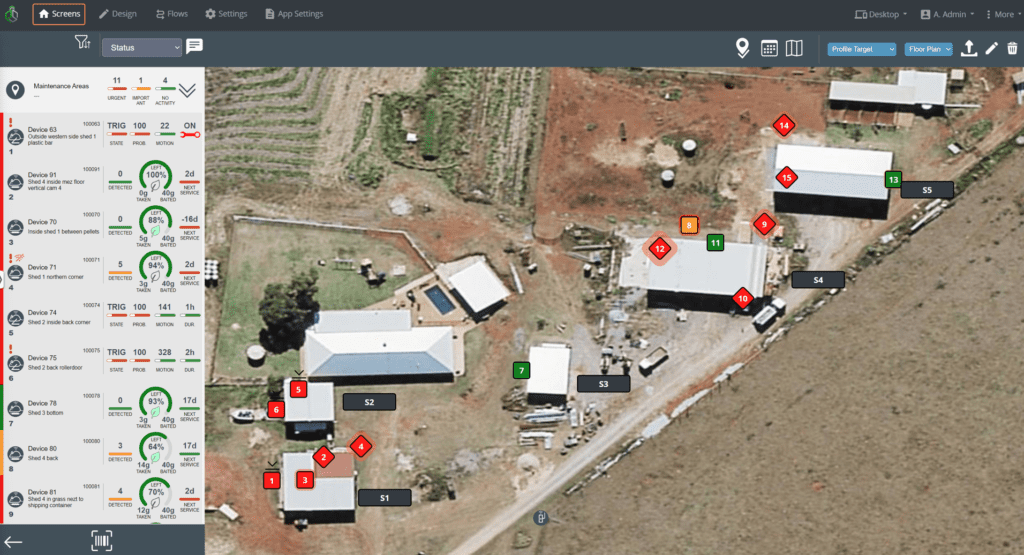Pest control is a vital aspect of maintaining a safe, healthy, and productive environment for any business, especially those that deal with food, hospitality, health care, or education. However, traditional methods of pest control such as traps, baits, and poisons have several limitations and drawbacks. They can be:
- Ineffective: they may not capture or kill all the pests, especially rodents, that can hide and breed in hard-to-reach places.
- Reactive: they may only detect pests after they have already caused damage or contamination to the premises, equipment, or products.
- Hazardous: they may pose risks to human health and safety, as well as to the environment, by using toxic chemicals or creating waste.
- Costly: they may require frequent inspections, maintenance, and replacement, as well as additional cleaning and repair costs.



